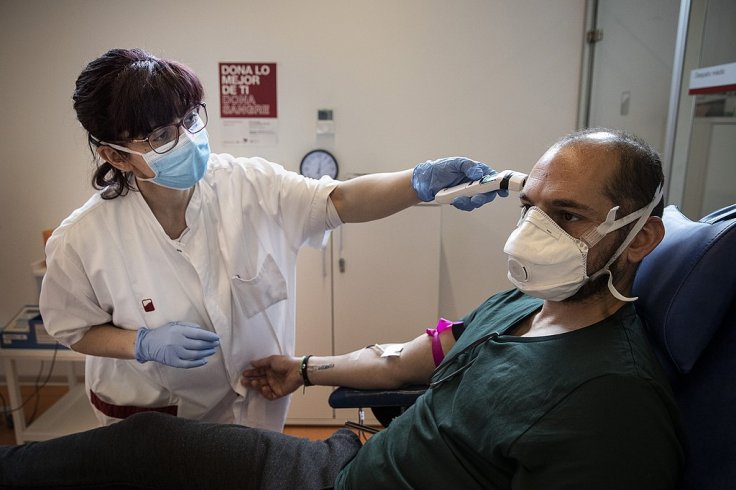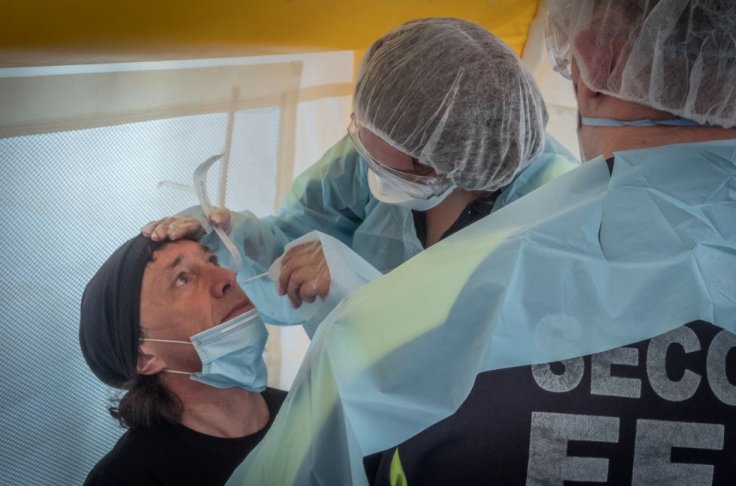As the questions about Coronavirus reinfection have been circulating on social media from the early months of the COVID-19 pandemic, a new study revealed that people who have contracted the virus are "highly unlikely" to get the infection again for at least six months.
Researchers at the University of Oxford said that the findings should offer some reassurance for millions of people globally who have been infected with COVID-19. The scientists also said that the study results are "exciting" because they represent an important step in terms of understanding how immunity against the disease may work.
David Eyre, a professor at Oxford's Nuffield Department of Population Health, who co-led the study, which was published on Friday, said, "This is really good news because we can be confident that, at least in the short term, most people who get COVID-19 won't get it again."

Research Findings
This study was part of a massive collaboration between the University of Oxford and its Oxford University Hospitals NHS Foundation Trust. It is believed to be the first large scale study that shows the reinfection protection period. However, the study hasn't yet peer-reviewed.
The study covered a 30-week period from April to November this year, with over 12,000 healthcare workers from Oxford University Hospitals. The workers employed at the hospitals were tested for antibodies to the Coronavirus—as a way of detecting who had previously been infected—and also for COVID-19 both when they became sick with symptoms and as part of regular testing.
The results of the study revealed that 89 of 11,052 staff without antibodies developed a new infection with symptoms, while none of the staff among 1,246 workers with antibodies, developed asymptomatic infection. The researchers also found that healthcare workers with antibodies were also less likely to test positive for the virus without any symptoms. According to the researchers, it was also noticed that the workers who did not have antibodies against the Coronavirus caused disease were more likely to develop the infection.
Not a Judgement

The study researchers said that there was not enough data to make any judgment on the protection period beyond the six-month bar. However, the study will continue to collect data to verify the time period for infection protection.
"We will continue to follow this cohort of staff carefully to see how long protection lasts and whether the previous infection affects the severity of infection if people do get infected again," said Eyre.
Dr. Katie Jeffery, director of infection prevention and control for Oxford University Hospitals, said that this recent finding indicates that SARS-CoV-2 infection provides at least short-term protection from reinfection and this news comes at the same time when other encouraging news about COVID-19 vaccines were announced.








